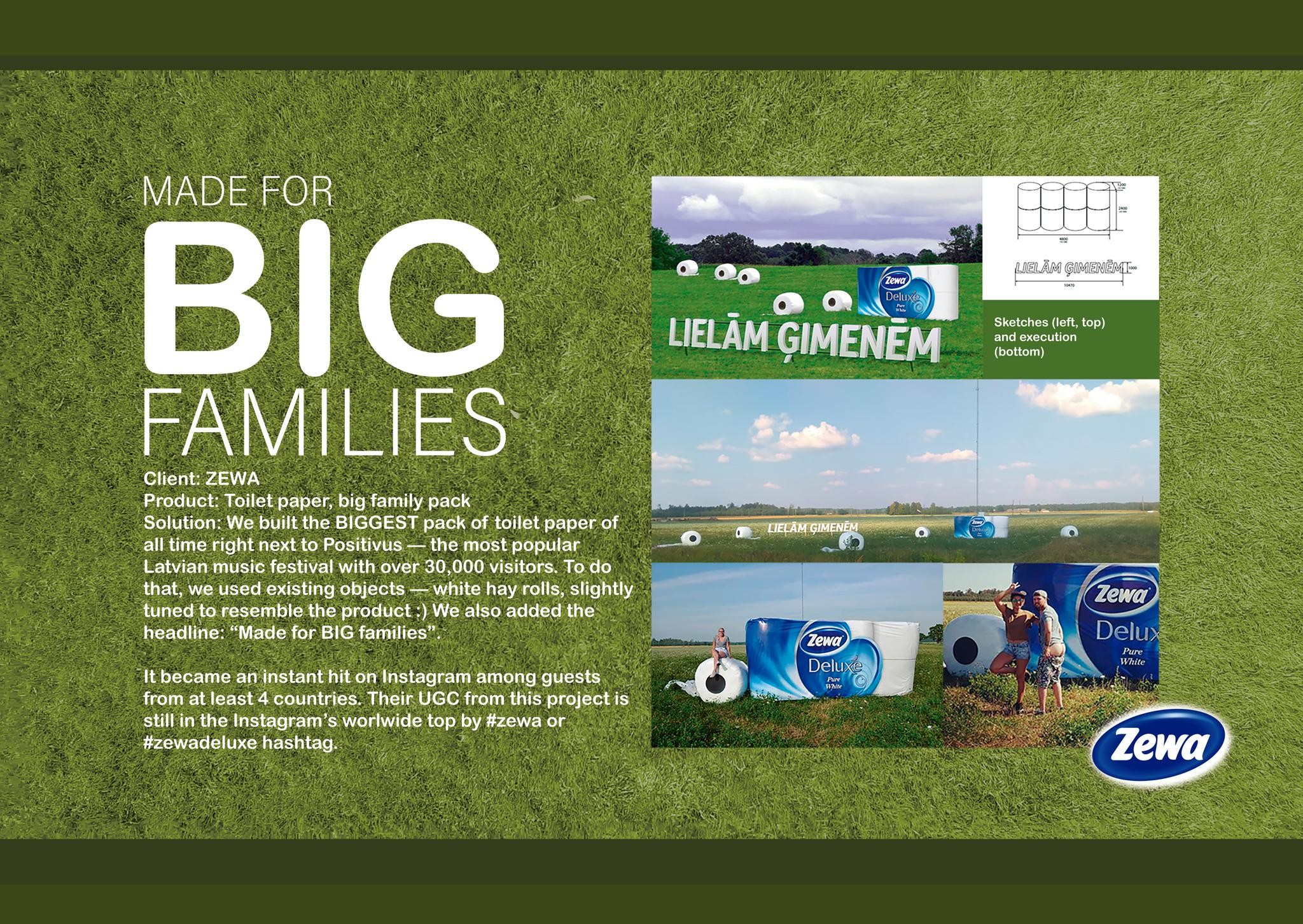Cannes Lions
#Ageless
ZENITH, London / ESSITY / 2020

Overview
Entries
Credits
Overview
Background
Incontinence product communications have always had a problem dealing with the truth of bladder weakness and the lives of those women who live with it. The result hasn’t just been terrible advertising, but far more damagingly, the reinforcing of negative stigmas for people living with it.
But the truth is that incontinence doesn’t have to be debilitating and women can still live full, fun and flavourful lives without the fear of embarrassment.
As the global leader in the incontinence category, TENA set out to challenge the taboo of incontinence.
At the same time, the brand also sought to address weaknesses in its own image. The brand was seen as unfeminine, elderly, medical and unflattering. TENA was also losing out to new entrants like Always Discreet, which could rely on its brand name in carrying more familiarity and appeal, given that brand’s #1 position within the femcare category.
Strategy
Historically, incontinence advertising focused on products. We strategically made older women the stars of their own film to share their stories and accurately portray sex and aging. The film asked “Our bodies change. But why should we?” with close-ups of women in underwear on their beds talking honestly about their sexual lives and incontinence.
We focused not just on awareness but getting people talking. Our media strategy focused on:
1. Social proofing and shared experiences were essential. We built mass reach, especially in youth-orientated primetime TV.
2. Make it as easy as possible to engage. Our audience prefers to watch/comment videos on dedicated platforms, so YouTube became our campaign hub. Credible media partnerships and VOD reached younger demos and affinity.
3. Anticipate and react to needs. We fostered post-exposure engagement through social community management workshops and pre-alignment with marketing teams to pre-plan potential questions/challenges to ensure clear and consistent protocols.
Execution
We activated with clearly defined channel roles and phasing. In particular, we needed to overcome the problem of censorship of our provocative film across digital channels
- Full :60s TV edit reinforced by BVOD and OLV to maximise reach at launch
- TENA’s YouTube page to get around the censors as the core hub destination for comments and conversation around the film
- Short-edited clips to again get around the censors across Facebook and Instagram to drive traffic to watch the full film on YouTube
- High-profile media partnerships with The Guardian and Femme Actuelle, to further facilitate conversation
- Integrated PR to promote discussion of the film within maximum relevancy programming like Loose Women in the UK
- Live social community management picked up which assets and images provoked the conversation and fuelled criticism, so we switched out and dialled up as necessary
Outcome
By confronting the societal taboo head-on, we made viewers sit up and take note.
Brand highlights:
21% uplift in TENA as ‘modern and contemporary brand for me’
15% uplift ‘as feminine brand’
78% agreed ‘that TENA talks about incontinence in a straightforward, honest and relevant way’
40% vs 26% norm ‘as brand that helps women feel stylish and attractive’ UK
Attitudinal shift:
65% exposed vs 39% unexposed in UK around ‘Getting older is something to embrace, rather than worry about’
Cultural impact:
The combined multimedia plan generated a positive sentiment of 89% across the whole of the UK
Communication highlights:
YouTube masthead excelled in completion rates (41% vs benchmark 25-35%).
Femme Actuelle partnership over performed vs. dedicated page visits (323 363 +323% vs objective), time on site page (2m 13 vs FA benchmark of 1-2m).
Podcast listening: 1,400,000 vs 750,000 objective. Guardian dwell time on articles was 2.22m (benchmark 1.30)
Similar Campaigns
6 items


